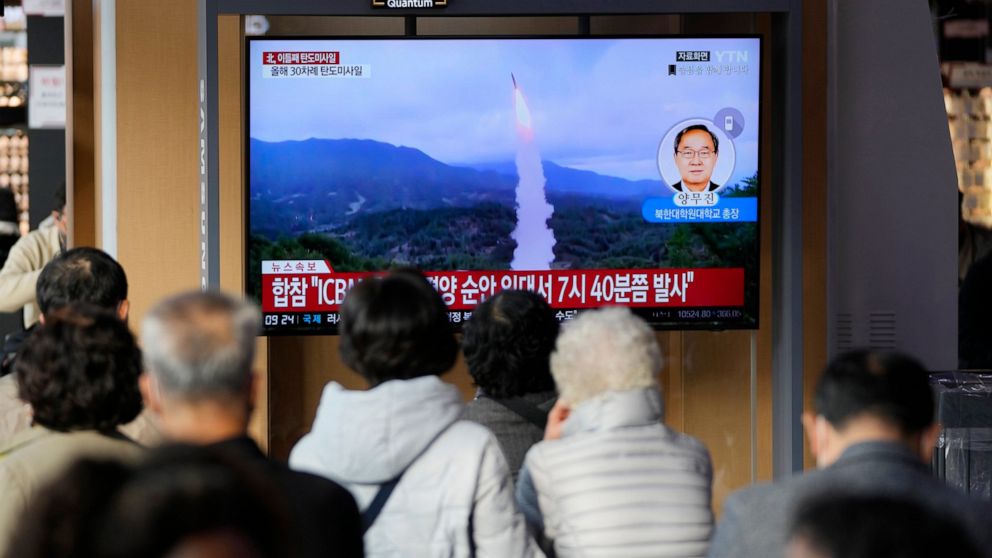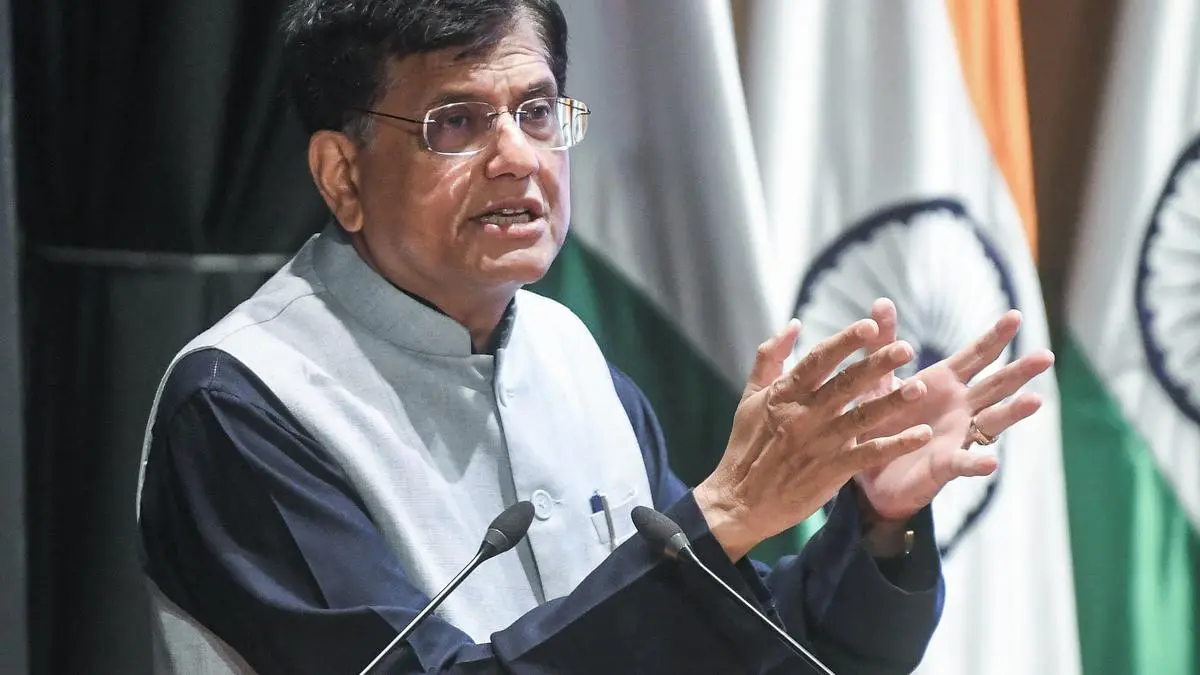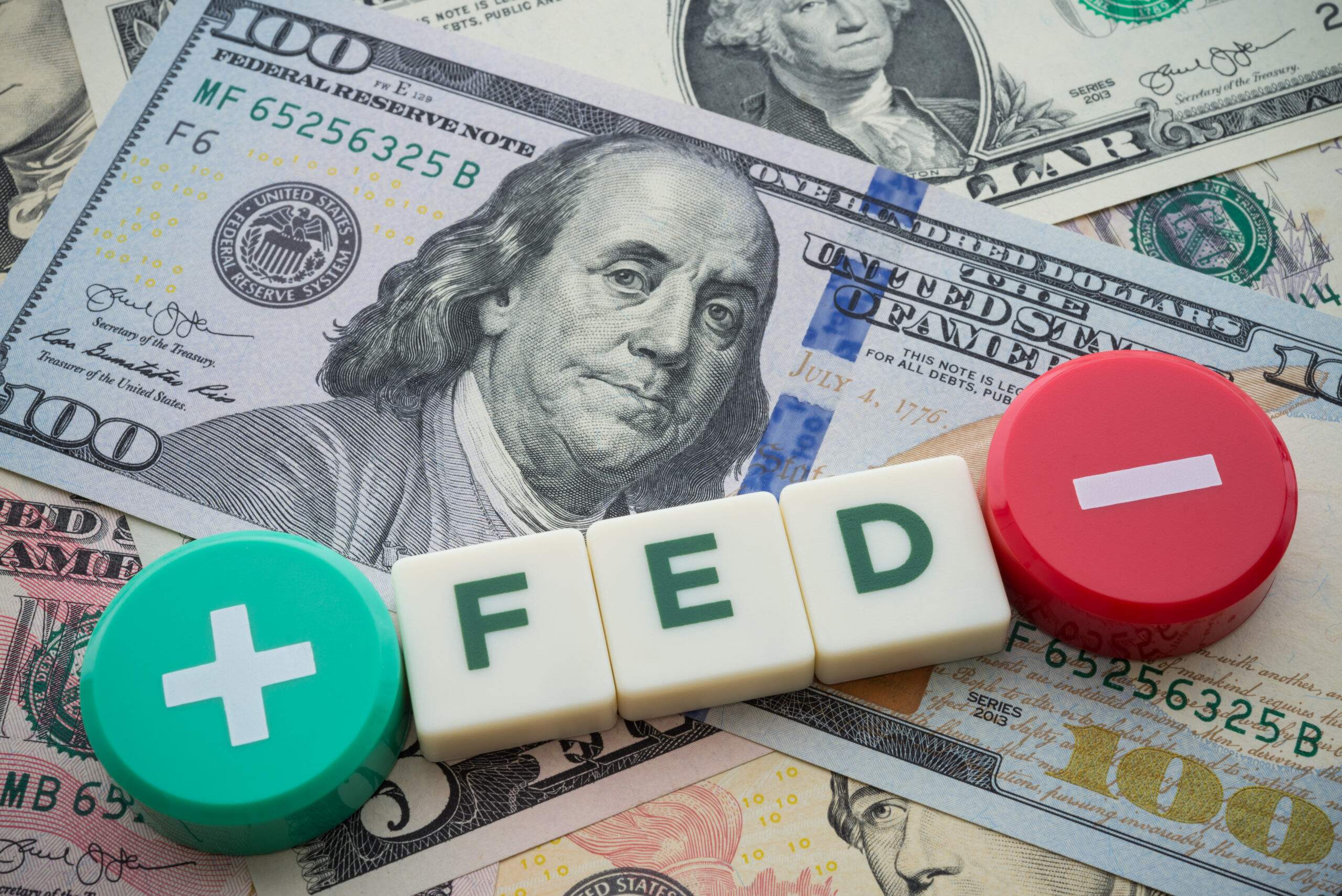There are so many full-on global crises these days it’s refreshing to see one that was widely predicted but hasn’t happened, or not yet.
Vladimir Putin’s invasion of Ukraine raised well-founded fears of a global food crisis similar to that of 2007-8. Russia and Ukraine together make up around a third of global wheat exports, and many low and middle-income countries, particularly in the Middle East and Africa, are dependent on grain imports. Ukraine and allied governments accused Russia of threatening global famine as a geopolitical tool.
International food supply was already vulnerable after droughts and poor harvests in 2021. Global grain stocks, which act as a buffer for supply shocks, are at their lowest for a decade. Climate change has made growing conditions increasingly volatile. This year, India went from promising to feed the world in April to imposing wheat export controls in May after a poor harvest.
In the event, the alarm has subsided. Global food prices measured by the UN Food and Agriculture Organization’s index fell for the sixth consecutive month in September to pre-invasion levels.
Was this the result of good policy or good fortune? Have governments learnt lessons from 2007-8, when panicked export controls pushed world prices higher? What role was played by the UN-sponsored Black Sea grain initiative agreed in July, in which Russia permitted Ukraine to export wheat and maize? And what of Putin’s decision this week first to suspend the initiative and then rejoin it?
The answer seems to be that it was mainly luck. Joe Glauber, former chief US agricultural trade negotiator and now at the International Food Policy Research Institute in Washington, notes that excellent harvests in the big southern hemisphere grain exporters — Australia, Argentina and Brazil — were rapidly bringing down maize and wheat prices before the Black Sea initiative was launched. Meanwhile, a threatened worldwide spike in fertiliser costs has been ameliorated by falling prices of natural gas, one of its main inputs.
The Black Sea initiative has been helpful but not dramatic. Ukraine has doubled its grain exports but still only to levels 50 per cent lower than in 2021. In the weeks after its announcement, wheat prices dropped by only about 5 per cent, having already retraced almost all of the 50 per cent rise between February and their peak in May. As the FT has shown, Russia has also been expropriating Ukrainian grain and smuggling it on to the international market: it’s not exactly an altruistic act, but at least it increases global supply.
It’s a comfort in the short term that even another collapse of the initiative wouldn’t be disastrous. But it also underlines that global markets are tight and stocks remain low even without the Ukraine issue. The FAO index may have fallen back to levels seen in February, but that was already historically high: it’s currently about 40 per cent higher than the average for 2020.
It’s hard here to fault the international institutions, which have all dutifully cranked the machinery of global governance into action. As well as facilitating the Black Sea initiative, the UN has continued to support the useful Agricultural Market Information System (Amis), a monitoring service intended to reassure panicked governments not to impose export controls because of baseless fears of shortages.
The World Trade Organization has been warning loudly about the dangers of export bans. The IMF has launched a special food shock lending window for low-income food importing countries with balance of payments problems, and the World Bank has similarly disbursed a lot of money.
But it’s hard to see these making a fundamental difference. Governments retain wide leeway under WTO rules to impose export restrictions, a situation not improved much by a weak deal on food security at the WTO ministerial meeting in June. Egypt in September lifted export controls on staple foods it had imposed in March, but that was driven by market considerations, not international co-ordination. More generally, some governments such as those in the EU have increased support for agricultural production, but not enough radically to expand the output of tradable food.
It’s a frightening thought, but avoiding a food crisis in the next year depends mainly on good weather. Governments, helped by the international institutions, have got somewhat better at managing global food supply since the previous big crisis erupted 15 years ago. But it’s telling that a year or two of drought before 2022 put the markets so much on edge. Governments will have to do much more if shocks are not to threaten the kind of mass hunger that the world has been lucky to escape so far this year.















